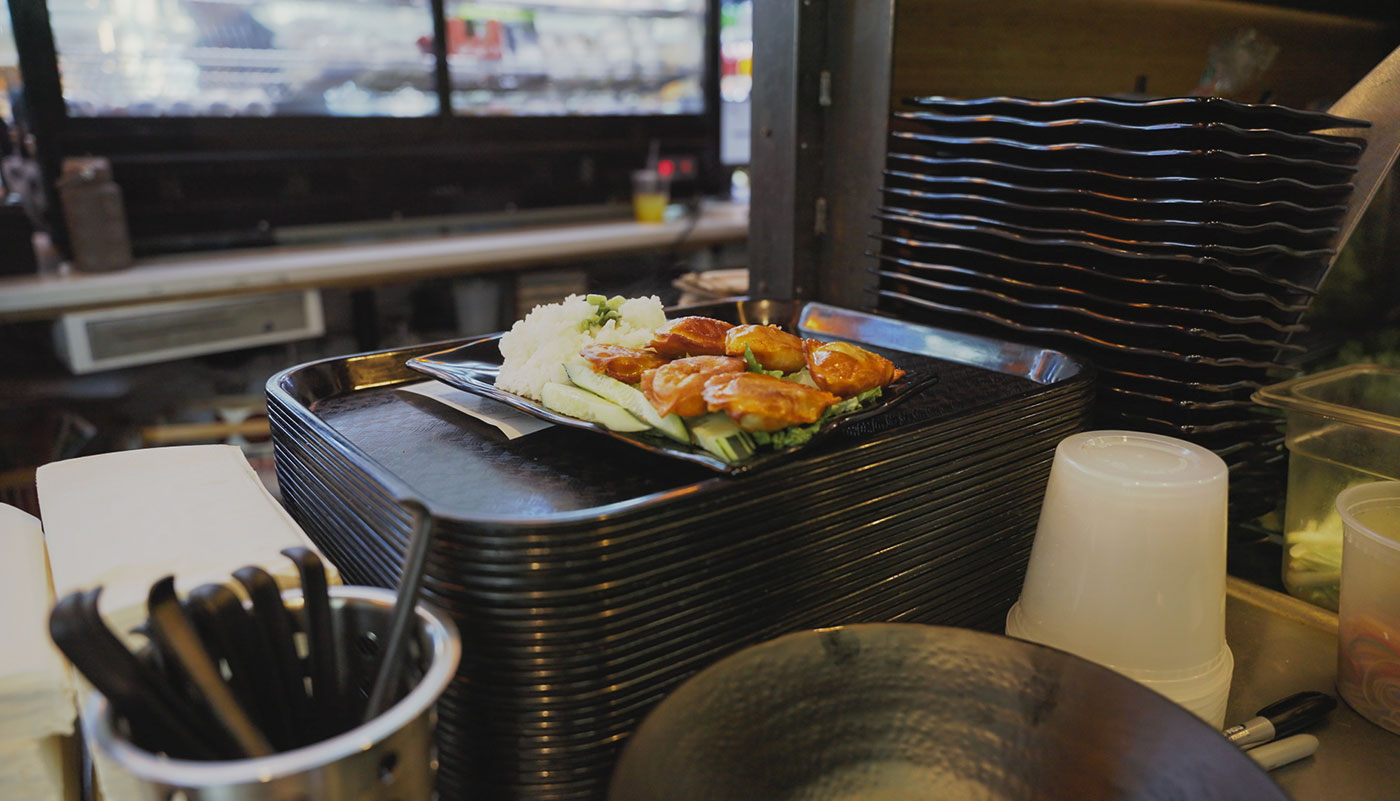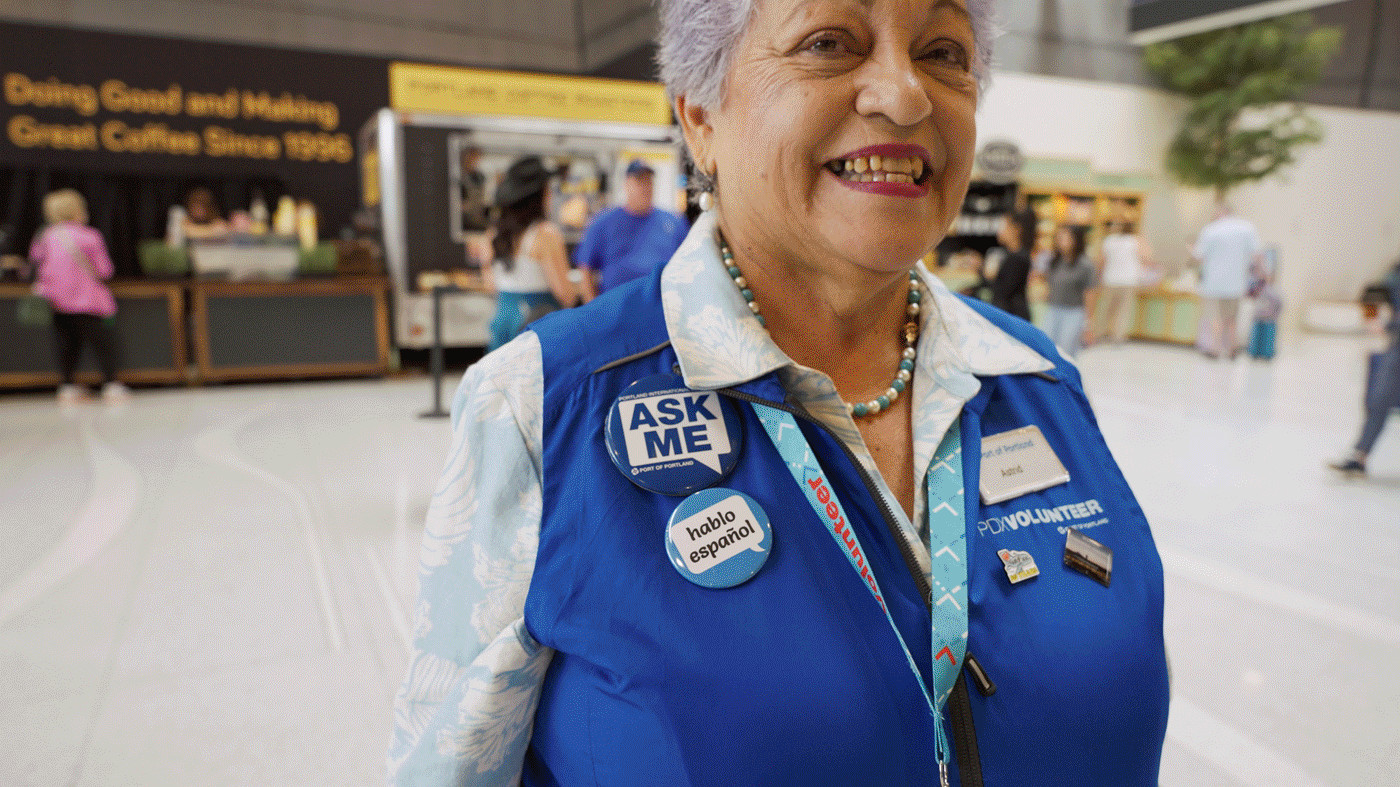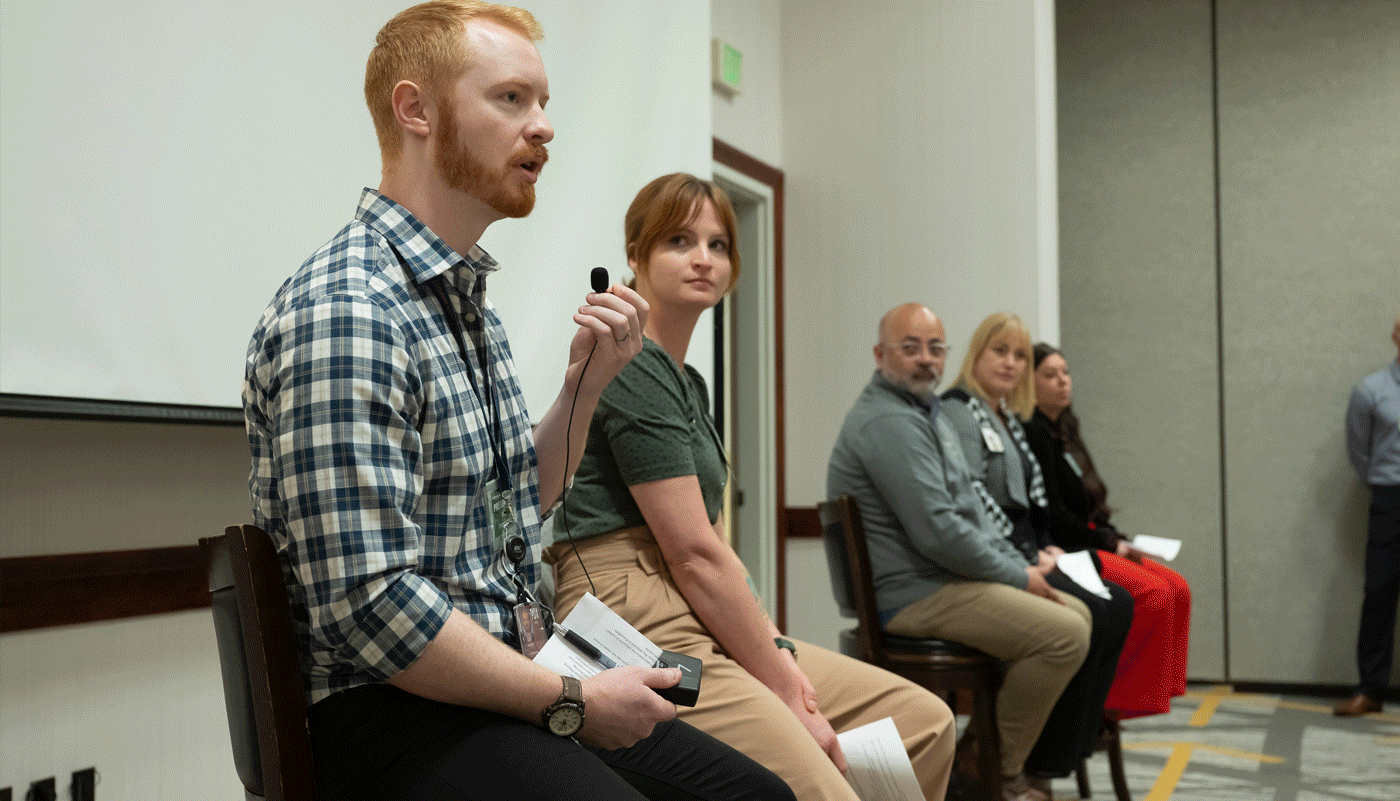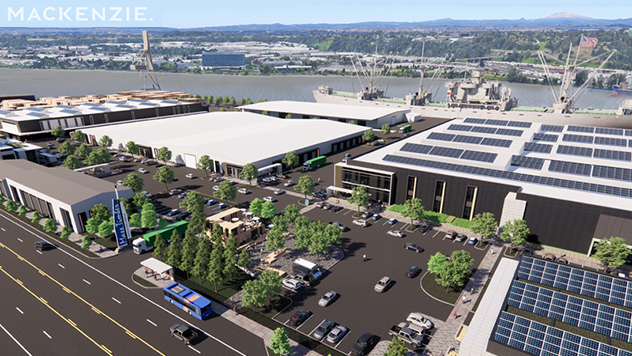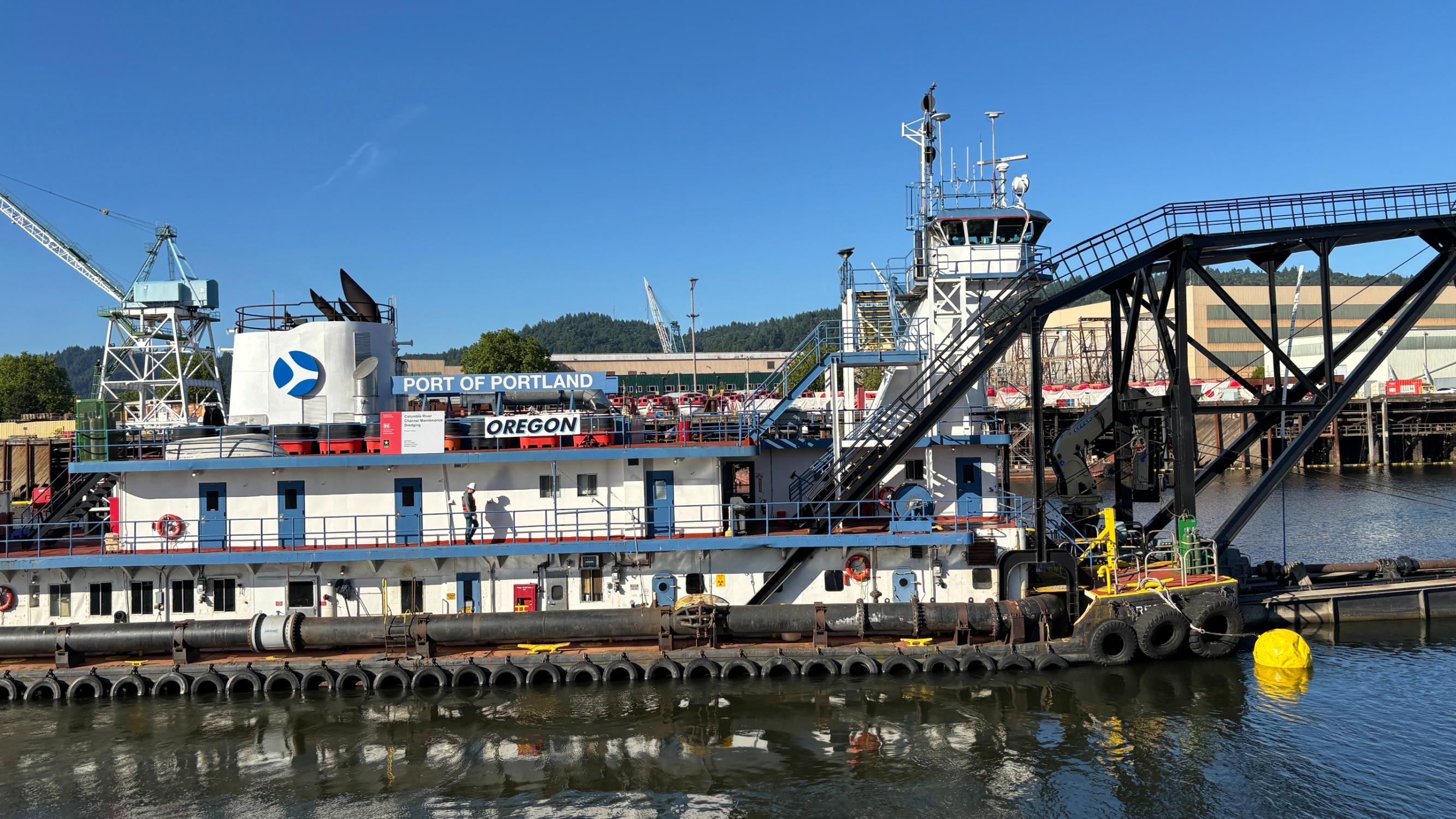Port of Portland Part of Nationwide Class Settlement Between Governmental Entities and Monsanto
Today, the Port of Portland joins with 12 other governmental entities to announce a proposed nationwide class action settlement with Monsanto Company, Pharmacia, LLC, and Solutia, Inc., for $550 million. The settlement would resolve national PCB water contamination claims for a proposed class of more than 2,500 governmental entities, including the Port.
Legal motions to approve the proposed settlement class have been filed in federal court in the Central District of California, in a case before Judge Fernando M. Olguin.
Over a dozen lawsuits have been filed by governmental entities since March 2015 seeking cost recovery for stormwater and environmental contamination caused by chemicals known as polychlorinated biphenyls, or PCBs, which Monsanto manufactured between the 1930s and 1977.
The Port initially filed a lawsuit in 2017 seeking cost recovery for damages occurring on Port property. This new proposed settlement would resolve the 2017 lawsuit. PCBs are the primary contaminant driving cleanup in the Lower Willamette River and the Portland Harbor Superfund site, and the Port had evidence that Monsanto became aware of how toxic and dangerous PCBs were during the time they manufactured their PCB containing products, and in the lawsuit alleged that Monsanto concealed that information.
“We joined national partners because we believed that it was important to hold Monsanto accountable for their products that caused harm to water systems across the nation, including our own Willamette River,” said Executive Director Curtis Robinhold. “The Port intends to use the settlement funds to continue the critical work of cleaning up environmental contamination to restore and preserve the healthy future of the region’s natural resources.”
The proposed class action must be approved by Judge Olguin prior to providing payments to the governmental entity class members. If approved, the settlement will provide all class members with a monetary benefit and will additionally provide funds for any governmental entities that have incurred or will incur significant expenses to protect and remediate America’s waterways.
The Port will not know the exact amount of money it stands to receive until the proposed class action is approved by the Court.
Once settlement money is received, the Port intends to use the money to help fund cleanup of environmental contamination. The Port will continue to engage with community environmental groups to keep equity and environmental justice communities at the center of our conversations and decisions.
The Port joins the named class plaintiffs leading the nationwide resolution, which include the City of Spokane, City of Tacoma, the City of Portland, the City of Berkeley, the City of Oakland, the City of San Jose, County of Los Angeles, City of Long Beach, City of San Diego, City of Chula Vista, City of Baltimore, and County of Baltimore. The cases were collectively litigated for over 5 years and were mediated and resolved through JAMS Mediator Judge (Ret.) Jay Gandhi.
# # #
